Codename: Kappel 3.0. Is your mind being controlled?

Young researcher Verena is excited about acting for the greater good of her country and countering hate speech on social media to ensure balanced elections in Switzerland. But when her new artificial intelligence (AI) project comes under fire, she finds herself agreeing with her nemesis: no place is safe anymore.
Music plays: warlike drums, cheerful flute. The camera pans over a painting of a group of men eating from a large wooden vat. They wear the colors of Zurich and Zug – red, blue and white. The title “The Milk Soup at Kappel, as painted by Samuel Albrecht Anker” appears on the screen, then a male voice speaks: “In 1529, Catholics and Protestants met to fight at Kappel. But the soldiers decided to share a meal instead… Finding common ground is our homeland tradition. It is our national identity.”
Utopia or dystopia? Dream or reality? The contemporary technological revolution confronts us with fundamental questions about the future of humanity. Will new technologies be our ally or enemy? How will they change our role in society? Are we destined to evolve into a species of superhumans or to be outclassed by the power of machines?
“Tomorrow’s Utopias and Dystopias” is an original series of science fiction short stories created by SWI swissinfo.ch to try to answer these questions in an innovative and visionary way. Thanks to the creativity of a group of fiction writers and the collaboration of researchers and professionals working in Switzerland in the fields discussed in the stories, we will try to imagine and understand how technology might shape our lives. Each science fiction story will be accompanied by a factual article in collaboration with leading Swiss scientists to give an understanding of what’s happening in some of the most cutting-edge research fields and spark your imagination!
If you’ve seen this video, your mind is being controlled.
Before casting their electronic ballot on pension reform, several voters reported seeing it while surfing internet. All of them leaned towards voting “no” on changes to the pension system, asserting their attachment to personal freedom and responsibility instead of increased state interference.
A reliable source I can’t name told me this was deliberate targeting by a prominent institution with strong ties to the government. Project codename: Kappel 3.0.
You’re being coerced into blind acceptance of anything the government puts forward.
Artificial intelligence decides who sees what.
The people’s vote is being tampered with from within their own homes. No place is safe anymore.
Next Sunday, when the vote is over, we’ll see who dominated the election—voters, or the AI.
Signed: the free thinker
“So, Verena, what do you say?”
Verena hesitates as her eyes dart from the computer to her mother, who waits for a reaction, lips pursed, eyes bright.
For once, the “free thinker” is onto something.
Ursi, her mother, has become a fan of the anonymous blogger and insists on showing her new posts, from “inside scoops” about mountain bunkers to attacks against big pharma. When Verena isn’t grinding her teeth at the ludicrous hypotheses, she’s crying inside because of the tacky web design. Her mother’s behaviour has changed since Verena got her post-doctoral position at Zurich’s top university. It’s as though Ursi is trying to prove to her daughter she’s smarter than her.
“It’s just a video,” Verena finally says, remembering her confidentiality agreement. “It can’t be mind control. People remain free to choose. It’s more like…” she hesitates, then remembers the commonly used term. “… A nudge.”
Ursi, who is scrolling on Twitter to check reactions to the post, looks horrified.
“That’s manipulation!”
Given how lousy humans are at making decisions, I say bring on the AI overlord, says user frechundfrei, who gets insulted 98 times in 11 seconds and praised 120 times.
“I thought other countries might do this, but not Switzerland. They wouldn’t dare. They’d respect us,” Ursi says.
“Who’s ‘they’?”
“Whoever did this.”
***
Verena remembers when they launched their AI system for the first time. She and her team built a deep neural network and fed it content about Switzerland. Their goal was to promote democracy.
They instructed it to find those who were leaning towards political extremes or showing signs of violent behaviour, to make them shift towards the middle: a safe common ground.
The deep neural network came up with its own name within seconds. The team prepared strategies and Kappel 3.0 turned up potential outcomes for each. Eventually, they programmed the AI to work its magic on a set of voters willing to participate in “social science surveys” for a small sum. In case of success, they’d present a formal report to the Federal Council. It was the most exciting job she had ever done.
“I guess they have good intentions,” she eventually replies, wondering where the leak came from.
“How do you know that? Your grandmother fought to get us the vote. And now? We’re brainwashed. Even that little freedom is being taken away from us.”
“It can’t hurt to remind voters of the fundamentals of Swiss history. You used to read me the tale when I was little.”
Usually, those evocations calm Ursi down, but this time it doesn’t work.
“Precisely,” she hisses. “Do you want grown-ups to be treated as children?”
“It’s just a short film,” Verena concludes, but her words sound hollow.
The next Sunday, Verena comes with her mother’s favourite flowers.
Ursi checks the provisional results. Contrary to earlier predictions, it seems like “yes” might prevail. Verena can’t help but grin.
“We made it! See? It’s not manipulation, but course correction. And it works.”
She realises her slip-up a second too late.
It takes Ursi a moment to grasp what she’s heard. “You’re one of them!” she finally chokes out. “Was this your big, secret project?”
She stands as her voice rises. “You skip voting most of the time, but forcing other people to do what you want is OK?!”
“No. Let me explain—”
“Get out.”
As Verena closes the door, Ursi types furiously on Twitter: I’m requesting a referendum on #Kappel3.0. Who’s with me?
***
Verena walks back to the train station in a daze, on her way to meet friends for much-needed drinks. Her phone rings. It’s her professor, sounding uncharacteristically worked up.
“We’ve been doxed. The entire team,” he whispers. “Someone put our home addresses on a forum, and the comments are getting intense.”
A pause.
“Maybe don’t go home tonight? Find somewhere else to stay? We’ve notified the police.”
She murmurs a few words, probably to assure him she’ll be careful, but her mind is blank. Has it really come to this? –
***
One of Verena’s colleagues ends up quitting, but she finds a new apartment and works harder. Her professor defends their work in the media, reasserting that the voters concerned were a small sample of volunteers.
The team helps draft the counter-proposition for the upcoming referendum on AI and democracy. While project Kappel 3.0 is paused, they use the neural network to help stop bullying in schools.
After weeks of silence, Ursi calls her daughter to find common ground.
***
A year later, Verena and her mother meet again. They hug and go into separate voting booths.
For the nation-wide deployment of Kappel 3.0
Yes/No

* * *
Sabine Sur is a translator and a writer who’s passionate about the influence of technology on the human mind. She’s an optimist by choice and eternally curious by nature. She lives in canton Zurich with her family.She also writes under the name Luz Maupin.
How realistic is the story you have just read? Researchers and experts explain how algorithms and big data can be used in Switzerland to strengthen – or hinder – democracy:
embed Katharina Wecker’s article

In compliance with the JTI standards
More: SWI swissinfo.ch certified by the Journalism Trust Initiative









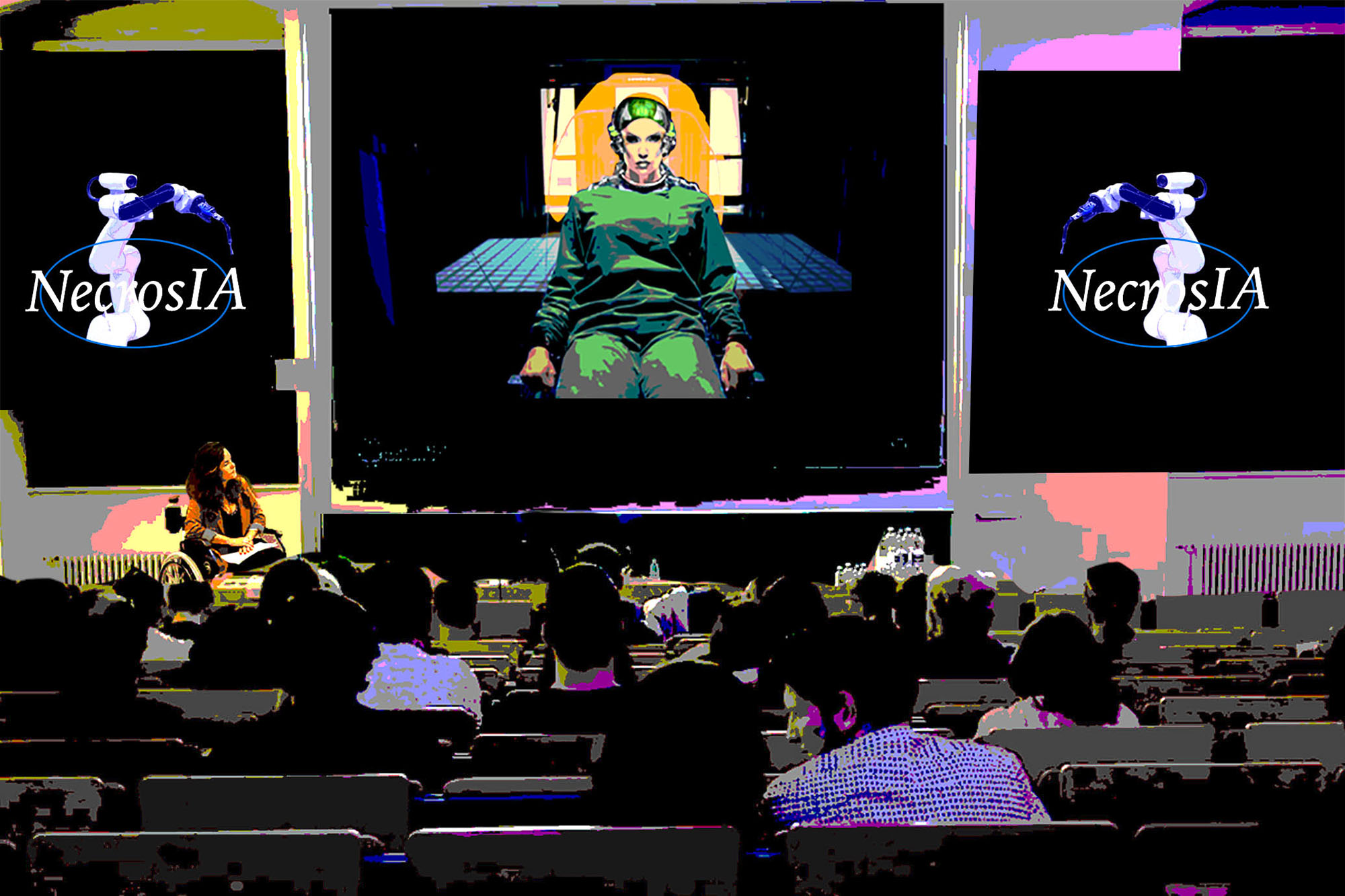
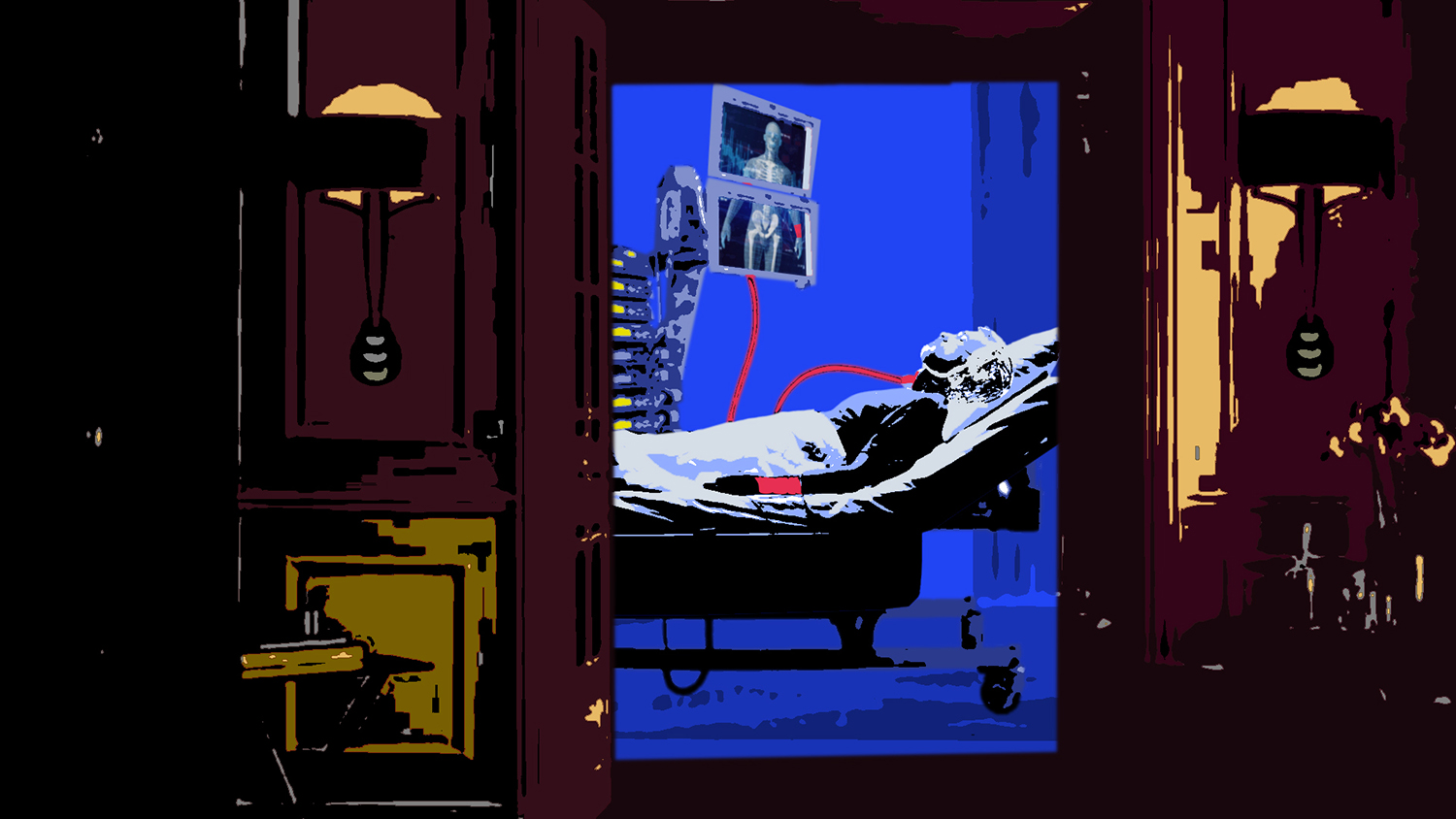
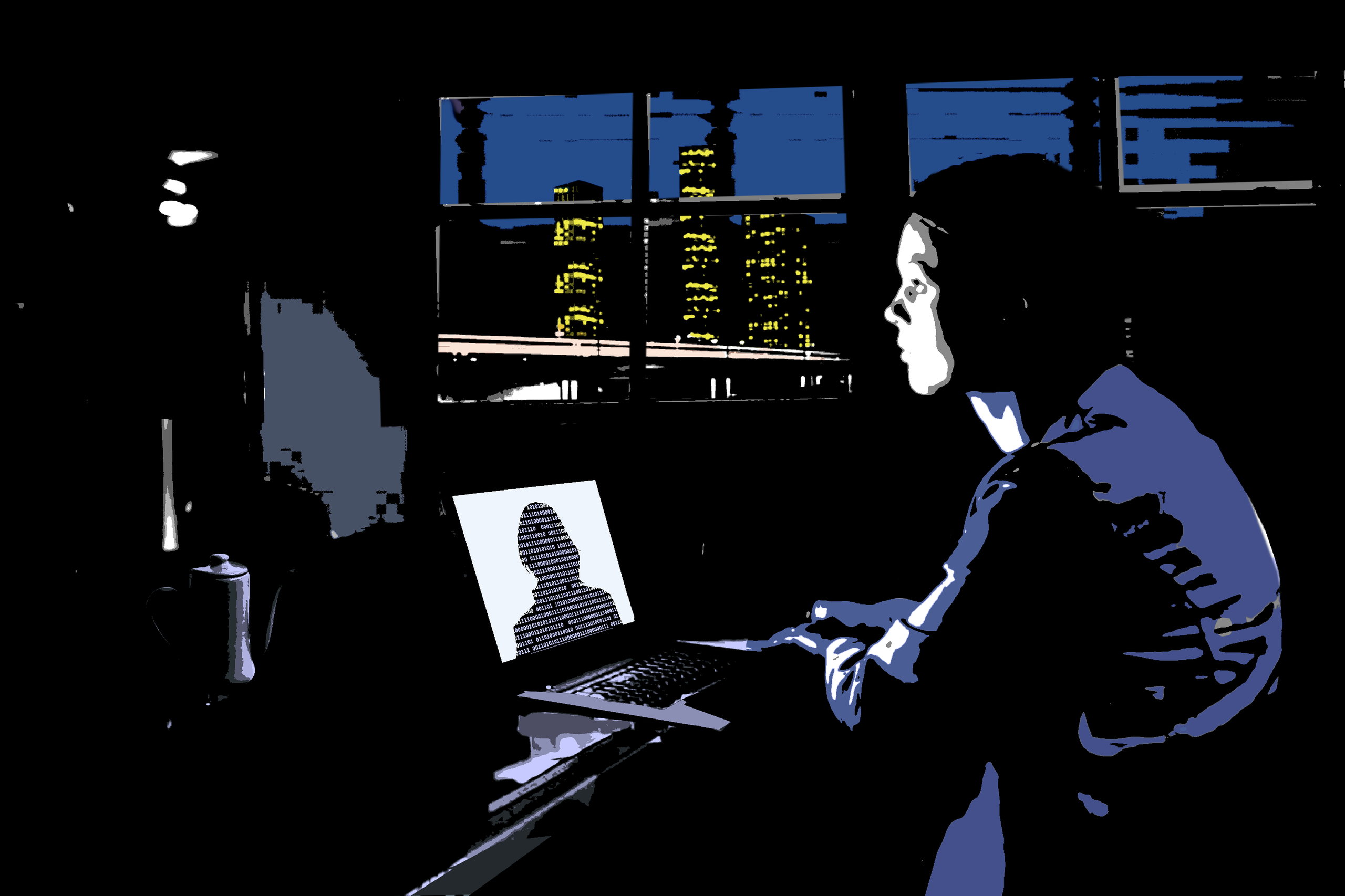
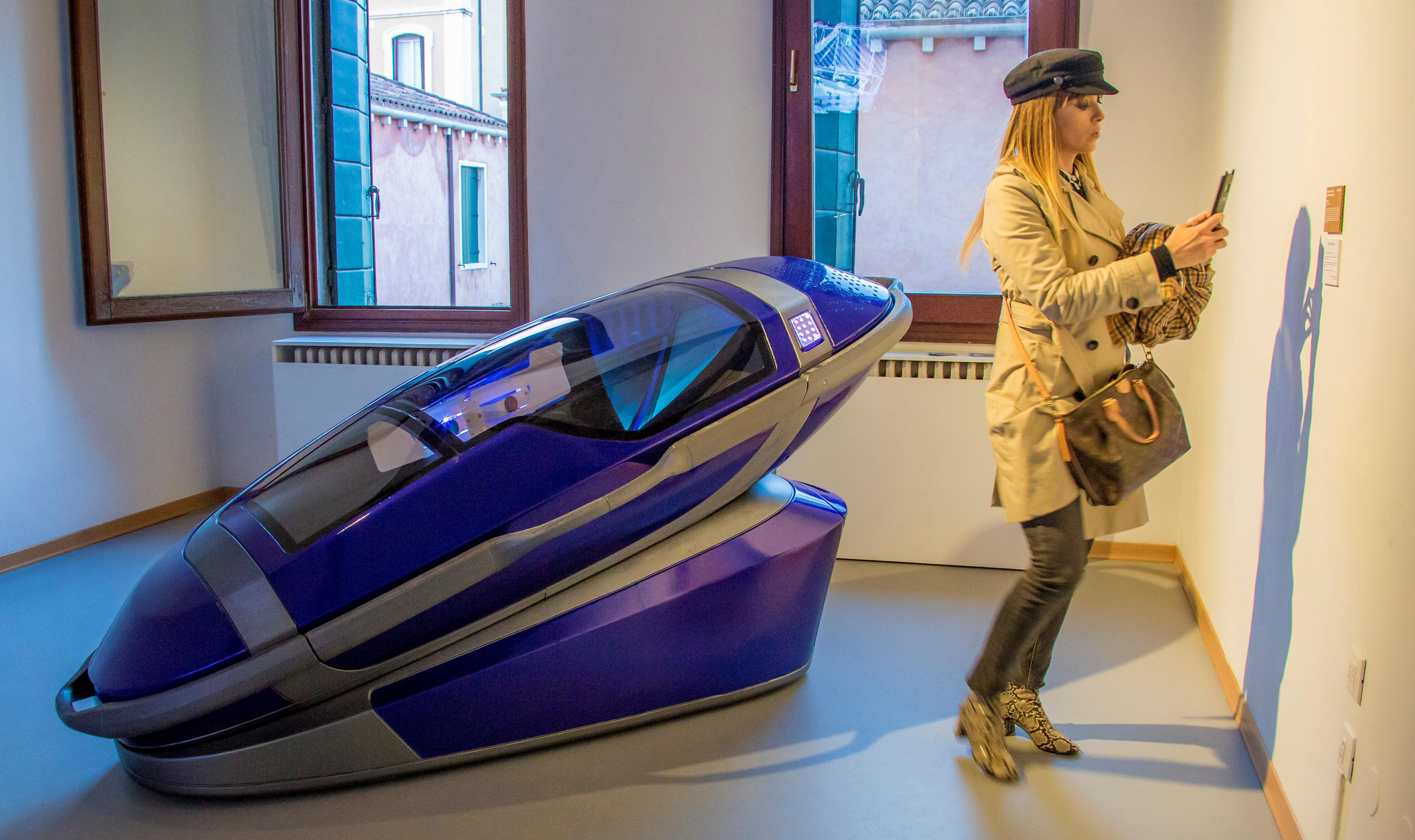

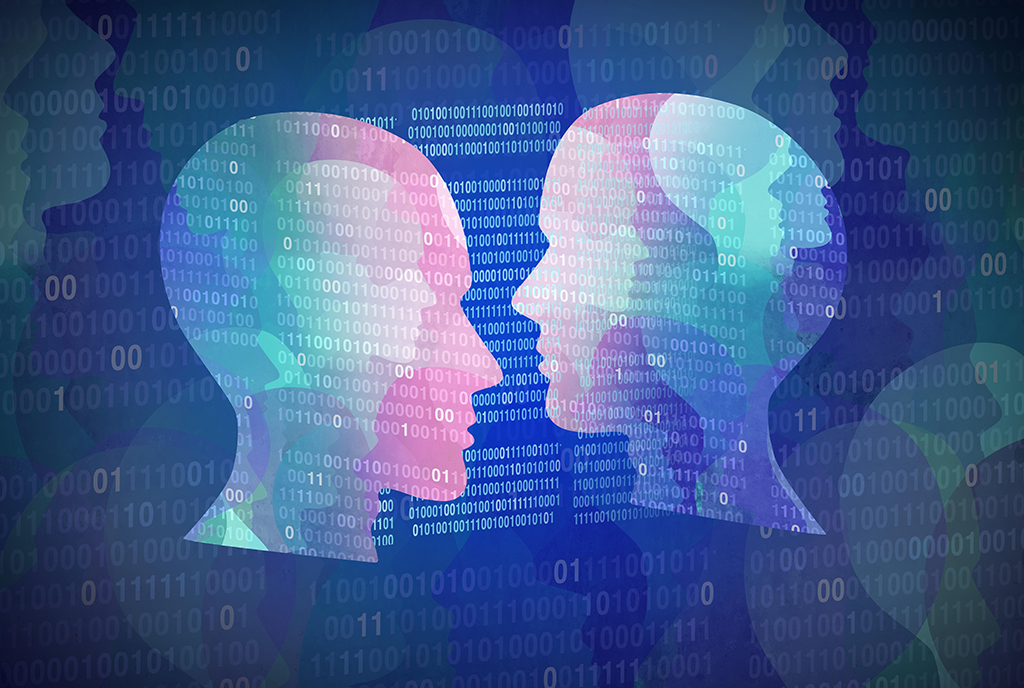
You can find an overview of ongoing debates with our journalists here . Please join us!
If you want to start a conversation about a topic raised in this article or want to report factual errors, email us at english@swissinfo.ch.